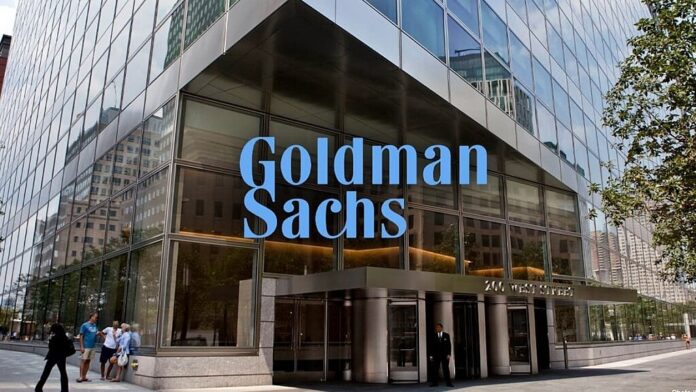Goldman Sachs forecasts significant tax increases in Rachel Reeves’ October budget, with pension reforms likely to be a major focus as the chancellor aims to address spending pressures and the fiscal deficit
Goldman Sachs has projected that Chancellor Rachel Reeves will implement tax hikes totalling between £15 billion and £20 billion in her forthcoming October Budget. The investment bank anticipates that these increases will be crucial for addressing what it describes as a fiscal “blackhole” left by the previous Conservative administration.
According to Goldman Sachs, Reeves is expected to boost departmental spending, which is currently considered insufficient, and tackle the significant budget shortfall. Analysts suggest that this could mean an increase in annual spending of up to £25 billion beyond what was outlined in Labour’s manifesto.
The anticipated tax reforms are likely to include changes to pension reliefs, inheritance tax, and capital gains tax. One major reform under consideration is the introduction of a flat rate of tax relief on pension contributions, replacing the current system that offers relief based on the saver’s marginal tax rate. Additionally, there may be adjustments to the tax-free lump sum withdrawal limits for pensioners.
Embed from Getty ImagesThese measures are projected to raise up to £10 billion annually, according to the Fabian Society. However, experts like Tomm Adams from Blick Rothenberg have raised concerns that such reforms could dissuade long-term savings for retirement. Critics argue that changes to pension tax relief could unfairly penalize individuals who have diligently saved for their retirement.
Simon Kew of Broadstone echoed these concerns, noting that modifications to tax relief rules would be complex and potentially detrimental to pension adequacy. He emphasized the importance of ensuring that changes do not undermine progress made in encouraging retirement savings through initiatives like auto-enrolment.
The Treasury has acknowledged that “difficult decisions lie ahead,” with final decisions on tax and spending to be revealed in the Budget. The forthcoming reforms are expected to be closely scrutinized for their impact on savers and the broader fiscal landscape.
Analysis:
Political:
The proposed tax hikes and pension reforms could have significant political ramifications, particularly in how they impact public perception of Labour’s fiscal policies. Reeves’ decisions may influence voter sentiment, especially among pensioners and those concerned about retirement savings.
Social:
The reforms could affect social equity, particularly for individuals who have relied on tax relief to save for retirement. Changes to pension rules may be seen as penalizing responsible savers, potentially exacerbating concerns about pension adequacy and financial security in retirement.
Racial:
The tax reforms are not directly related to racial issues. However, the broader implications of changes to pension and tax systems could have varying impacts across different demographic groups, depending on their economic situations and savings patterns.
Gender:
Women, who statistically tend to have lower pension savings compared to men, could be disproportionately affected by changes to pension tax relief. Ensuring that reforms do not exacerbate existing disparities in retirement savings will be an important consideration.
Economic:
The anticipated tax increases are aimed at addressing a significant fiscal deficit and managing increased departmental spending. The broader economic impact includes potential effects on consumer spending and investment, as well as changes in the financial behaviour of individuals impacted by the pension reforms.
